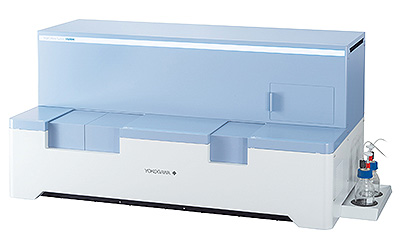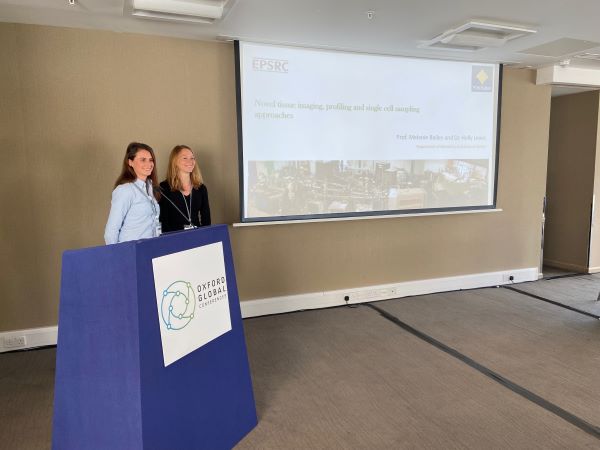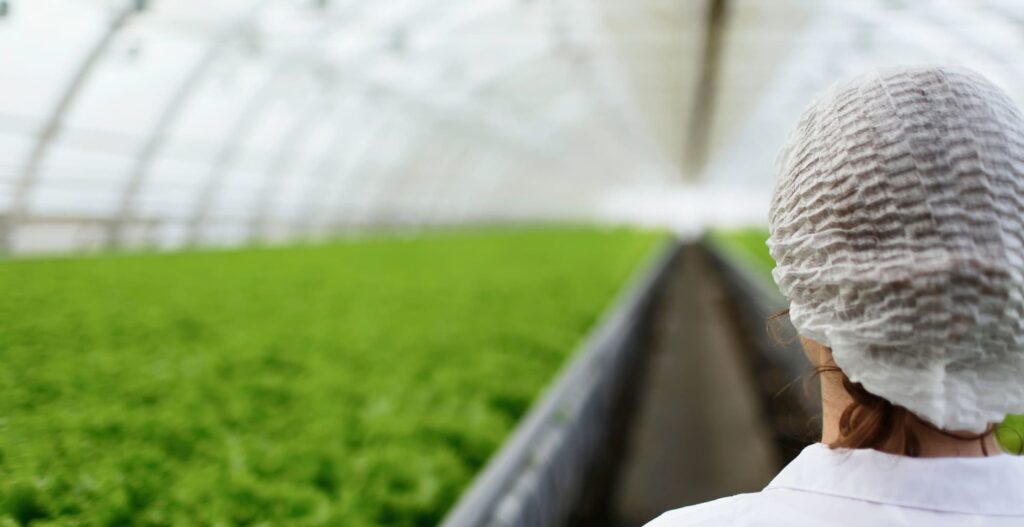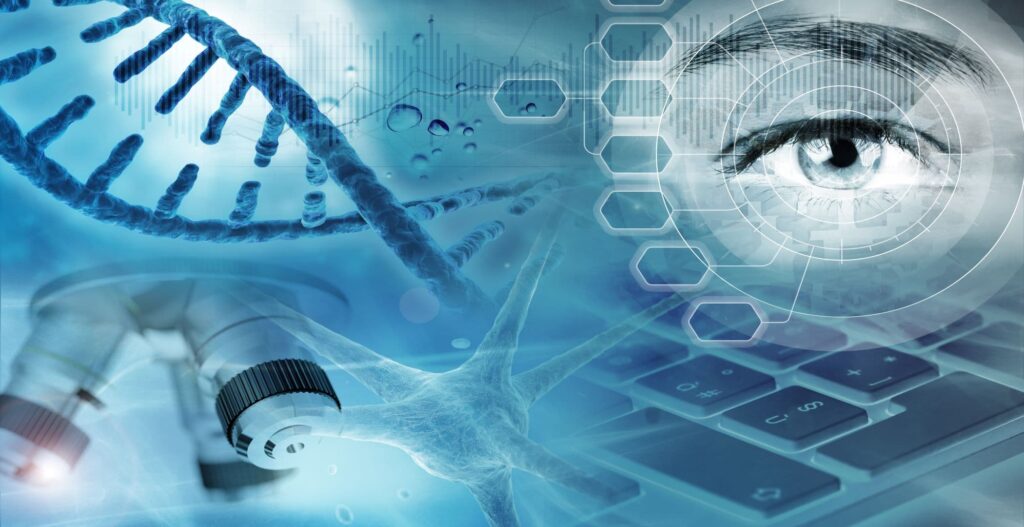A single-cell analysis solution that revolutionizes efficiency in drug discovery research
Finally, we are lifting the curtain! We have developed the Single Cellome™ System 2000, a single-cell analysis solution that utilizes high-resolution images captured with a confocal microscope to automatically and accurately collect samples of specific cells and intracellular components. It will be released in Japan, the US, and China in February 2022, with a release in other markets such as Europe to follow at a later date.

Development Background
As the smallest unit of all living organisms, cells can greatly differ from one another; hence, there is a growing focus on single-cell analysis involving the isolation and handling of individual cells, as opposed to studying a population. In recent years, with improved analytical technology, it has become possible to analyze not only single cells but also specific molecules within them. Understanding the characteristics and functions of cells and mechanisms for cell development is a very effective means for clarifying the causes of diseases, preventing them, and verifying the efficacy of new drugs. This is essential for drug discovery research and the development of precision medicine and regenerative medicine.
Conventional techniques for the analysis of intracellular components have typically involved the disruption and collection of heterogeneous cell populations, which does not allow for sampling at the individual cell level, so many components cannot be collected and essential information on cell location and morphology is lost. In addition, as this sampling is done manually, throughput is low, and it is quite difficult for even experienced researchers.
Utilizing Yokogawa’s core imaging technologies that enable the real-time analysis of minute phenomena in live cells, the Single Cellome™ System 2000 incorporates new technologies that automatically and accurately control sampling operations in order to support the performance of cutting-edge life science research.
https://youtu.be/BLzIPZk89-Q” title=”Single Cellome System SS2000
Features of Single Cellome™ System 2000
Yokogawa confocal microscopy technology enables the rapid, minimally invasive imaging of living cells. Based on the high-sensitivity analysis of the high-resolution 3D images, the cells are automatically and precisely sampled using precise positioning technology.
- Optimal selection of cells or regions within cells according to set criteria
The Single Cellome™ System 2000 analyzes images of a large number of cells within a target range and classifies them by using provided criteria such as cytoplasm area and nucleus size. It then identifies which cells are suitable for analysis and determines their sampling location. Utilizing criteria such as distance from the nucleus, image analysis can even identify optimal regions within individual cells. - Reliable sampling of target cells and components within individual cells
The Single Cellome™ System 2000 directly samples only target cells without detachment, retaining all positional and morphology information in the culture plate. Furthermore, the utilization of high-resolution 3D images and precise positioning technology enables the selective sampling of target organelles and cytoplasm. - Samples can be used for a broad range of analyses
The collected cells and intracellular components can be used for a broad range of analyses, including genetic analysis and mass spectrometry. The optimum and efficient collection of target samples improves analytical sensitivity. In addition, single living cells that have been sampled can be grown in secondary cell cultures.
Hiroshi Nakao, a Yokogawa Electric vice president and head of the Life Business Headquarters, comments, “The newly developed Single Cellome™ System 2000 is a solution that will play a key role in future cell research. It provides the potential to understand not only the characteristics of single cells but also the networks and communication between cells, allowing us to ascertain pathological mechanisms. In an era where more and more people are living to the age of 100, Yokogawa will accelerate the development and provision of solutions to protect lives, health, and safety.”
[vc_cta h2=”Novel Tissue Imaging, Profiling and Single-Cell Sampling Approaches” add_button=”bottom” btn_title=”Watch now” btn_color=”info” btn_link=”url:https%3A%2F%2Fcp.yokogawa.com%2FNovel-Tissue-Imaging-Profiling-webinar.html|title:On-demand%20Webinar|target:_blank”]

At the NextGen Omics conference 2021 in London, Professor Melanie Bailey from the University of Surrey held a live talk sharing her experiences with the Single Cellome™ System SS2000 prototype and her research focus.
Watch her talk “Novel Tissue Imaging, Profiling and Single-Cell Sampling Approaches” online!
About Yokogawa
Yokogawa provides advanced solutions in the areas of measurement, control, and information to customers across a broad range of industries, including energy, chemicals, materials, pharmaceuticals, and food. Yokogawa addresses customer issues regarding the optimization of production, assets, and the supply chain with the effective application of digital technologies, enabling the transition to autonomous operations.
Founded in Tokyo in 1915, Yokogawa continues to work toward a sustainable society through its 17,500 employees in a global network of 119 companies spanning 61 countries.




